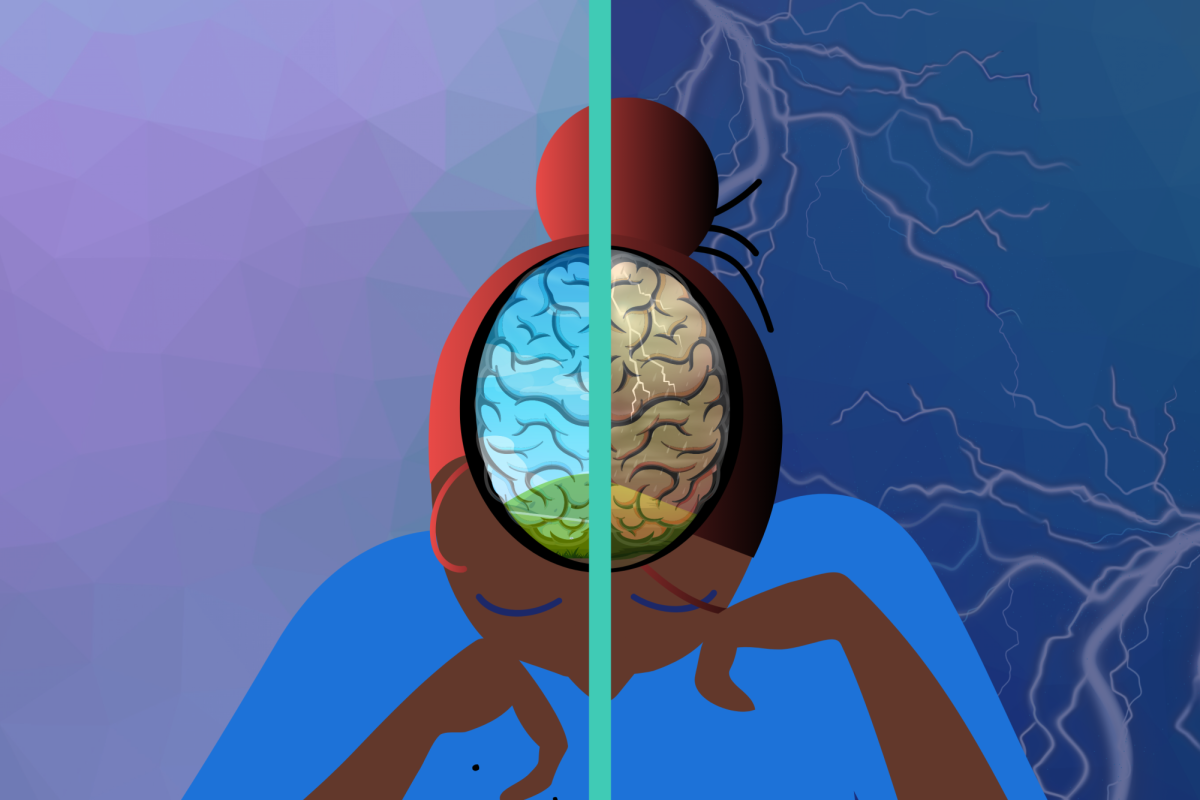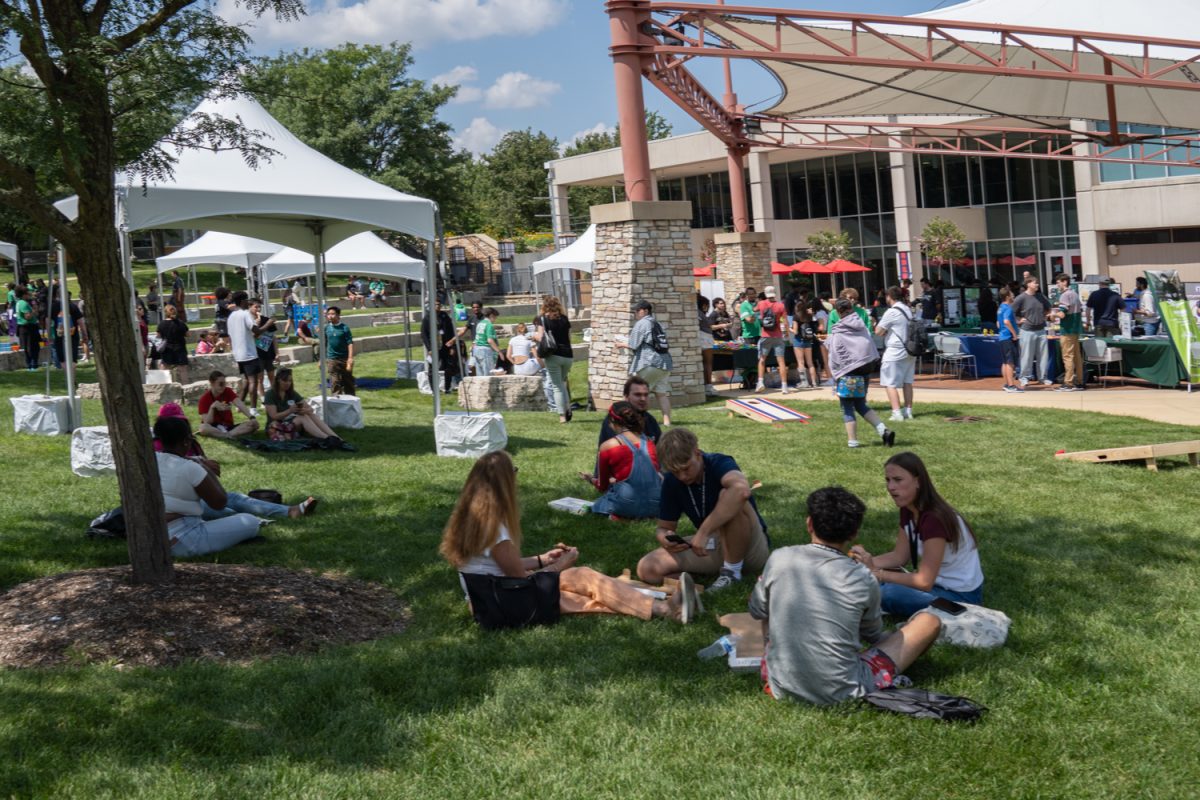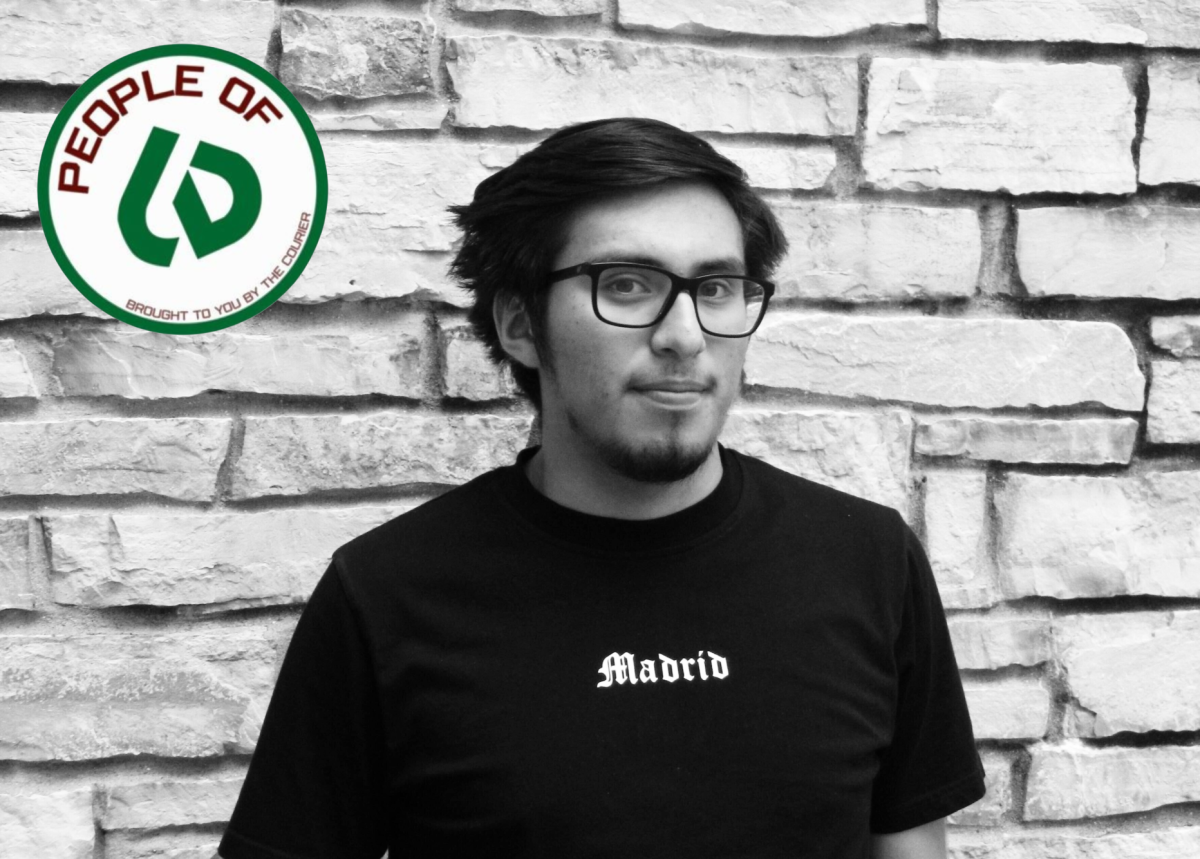Student Lucille Sugarman juggles a full-time course load, her role as a student worker, commitments as a women’s soccer player, and participation in multiple extracurricular activities, all while managing the demanding hours of test preparation leading up to finals each semester. As weeks 15 and 16 weigh heavily on the halls of COD, she, along with many others, feels the intense pressure to perform straining her mental health.
“I think that there has been a culture created that imposes this idea that finals weeks and the weeks leading up to finals should be miserable,” she said. “You should be in a room, studying and stressing and feeling very overwhelmed. That pressure can break you.”
That isolation, she said, is the very thing that can make these weeks much harder on students beyond the assessments. She believes the lack of camaraderie among students is diminishing the self-confidence of students.
“You don’t see that everyone else is feeling the exact bundle of stress that everyone equally experiences through weeks 15 and 16. It’s not fun for anyone.”
For many students, finals are not just a time for intense cram-studying, but also a season when they are pulled in multiple directions outside of school. The holidays, family obligations and end-of-year events can make it harder to focus on academic preparation. According to The American Institute of Stress, 45% of American college students report experiencing “more than average stress.” specifically during finals week, while only 9% of students report “no stress” or “less than average stress.” throughout that period.
Finding the time to prioritize a personal understanding of course material can be challenging for students. To help address this, the Honors Student Advisory Committee (HSAC) hosted an “Exam-Cram” event on Dec. 3 from 1 p.m. to 5 p.m. The event brought together tutors from various subjects to assist students with their course material, while also offering snacks and providing a supportive environment where students could connect with others facing similar challenges.
“Events like this have really helped calm me down and give me a social outlet to ground me,” Sugarman said. “Being here definitely makes you realize that we are all in the same boat. Week 15 and 16 are not fun for anyone, and this event also gives you some resources to bounce ideas and shared feelings off of other peers.”
Other resources around campus have proven invaluable for students facing the challenges of finals week. The COD Counseling Office offers a variety of resources throughout the semester to help students cope with stress and manage their mental health during these demanding times. One of COD’s mental health counselors, Dennis Emano, co-leads weekly sessions to help teach students about mindfulness.
“I thought that mindfulness could be another way to help students outside of the one-on-one counseling appointment. Unfortunately, not many students know about these free sessions,” Emano said.
As demand for counseling services increases during this busy season, the counseling team remains dedicated to providing support.
“We make an effort to have a support counselor on duty during our office hours so that we can address their concerns right away,” Emano said. “However, because there are only 10 of us counselors, each with varying schedules, we may have an hour or two sometimes without a support counselor when someone is out sick.”
Previously, the personal counseling department had 27 counselors on staff to accommodate the large student body. Now, that number has been reduced to 10. This stems from the gradual separation of academic counseling and personal counseling into their own respective departments, placing more subject-specific academic advisors on staff to help with graduation rates among students. Since 2022, all 18 part-time personal counseling positions have been eliminated.
During finals season, in particular, the overflow has been overwhelming, Emano said. They simply don’t have the resources to meet all the needs of students.
“We, in counseling, believe that 10 counselors is insufficient for 26,000 students, especially given the mental health needs of students,” they said. “I do know that the college is required by law (the Mental Health Early Action on Campus Act) to have one clinical staff for every 1,250 students, so 10 counselors is definitely insufficient.”
In order to provide sufficient resources for students, COD has introduced a telehealth option for more immediate and around-the-clock care. Telehealth is essentially a system for receiving online counseling sessions that are usually performed via phone call or Zoom. Telehealth application TimelyCare allows COD students six free virtual counseling sessions. Students can simply go to TimelyCare to create an account and request services. Students needing more than six sessions will be required to pay or given a referral.
“The good thing about TimelyCare is that they have a 24/7 helpline for students. If students are experiencing a crisis, they can always call 988 as well,” Emano said.
Amid the stress, practicing mindfulness and grounding techniques can actually improve your performance, even if it feels counterintuitive.
“Dedicate time for things that bring you joy, such as being with loved ones. Doing so will be a good reminder of what really matters to you when school and finals can seem like they are the most important things in the world,” they said. “Also, during difficult circumstances, remember that you can only do your best so that you can find contentment. Even if you don’t achieve the results you wanted. There is nothing better than your best. Be kind and compassionate to yourself. You are an imperfect human that is trying their best. Forgive yourself for your mistakes and just try again.”
The Counseling Office is currently located in SSC 3341 due to ongoing construction in the Student Resource Center and Student Services Center. Students can come in person or call 630-942-2259 to book an appointment for free.









